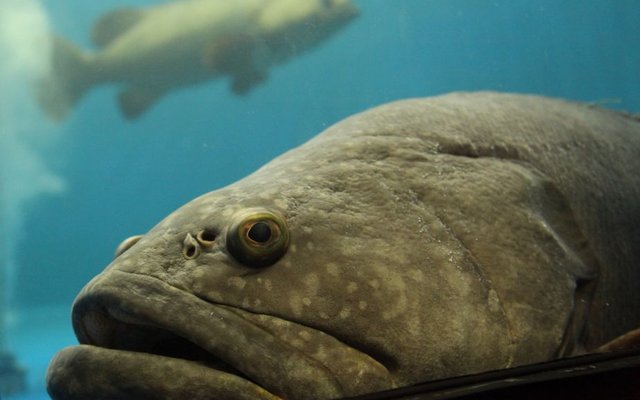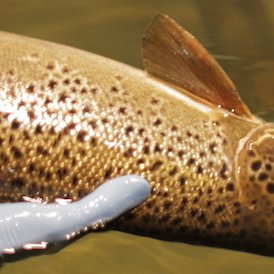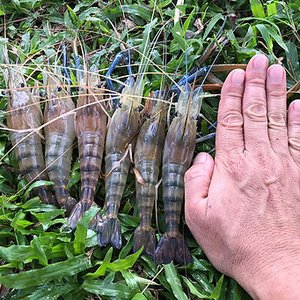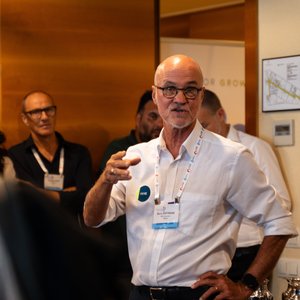The farming of fast-growing, highly efficient aquaculture species that are able to resist impacts of costly diseases will soon become a reality, with James Cook University and partners awarded AU$4.9 million from the Australian Research Council through their Industrial Transformation Research Program.
The Director of the new Research Hub, Professor Dean Jerry, said the funding will establish the “ARC Research Hub for Supercharging Tropical Aquaculture through Genetic Solutions”, which will be funded for 5 years and work to transform the productivity of aquaculture species farmed in the north.
The program will apply modern genetic, selective breeding and artificial intelligence approaches to dramatically improve the productivity of farming five important northern Australian aquaculture species, namely barramundi, pearl oyster, black tiger prawn, grouper and marine red-algae.
“These five species are either the major species currently farmed in tropical Australia, or they are emerging species with great potential to be farmed in the north and to generate new economic opportunities,” Professor Jerry said.
“The aim of the Hub is to work with each of the participant industry partners and apply traditional and cutting-edge genetic solutions that lead to the instigation or enhancement of selective breeding programs that supercharge the productivity of farming these species.”
The research hub will partner with Mainstream Aquaculture Group, Seafarms Group, Cygnet Bay Pearls, The Company One, Sea Forest, the Australian Genome Research Facility and the University of Queensland, to transform the productivity and disease tolerance of the five species.
“Mainstream Aquaculture and Seafarms Group have already in place world-leading breeding programs and our focus will be to acquire new genetic knowledge that helps them further enhance and expand their current programs, while Cygnet Bay Pearls, The Company One and Sea Forest are in the early stages of instigating advanced breeding programs that reduce risk of disease, increase productivity, and the production of bioactives that suppress methane production in ruminants, such as in the case of marine seaweed,” Professor Jerry said.
The capability offered by James Cook University and University of Queensland researchers is complemented by the Australian Genome Research Facility, who will assist in the development of genomic technologies to be used in the breeding programs, along with helping to understand the role bacterial microbiomes play in each of the production systems.
“We’ll also be applying Artificial Intelligence and Machine Learning for the first time to predict the likelihood of disease events on a farm by bringing together complex environmental, bacterial microbiome, farm management and genetic data streams,” Professor Jerry said.
Professor Jerry said at the conclusion of the program, all partner organisations will be conducting world-leading, advanced aquaculture breeding programs for their particular species.
“They’ll have a better understanding of how to lower the risk of farming through using genetics to limit the impacts of disease and have tools at their disposal to better manage their production systems to return as much genetic value as they can in the species they farm,” he said.
Partner organisations will contribute an additional AU$2.65 million and more than AU$10 million in-kind support to help achieve the goals of the program.
Federal Herbert MP Phillip Thompson said the industry was key for the North Queensland region.
“We know aquaculture is something Townsville and North Queensland are well-known for, so to have this research going on in our own backyard is fantastic,” he said.
“For industries to survive they need to innovate and have strong research and development, which is why we’ve made this investment of nearly $5 million.”













